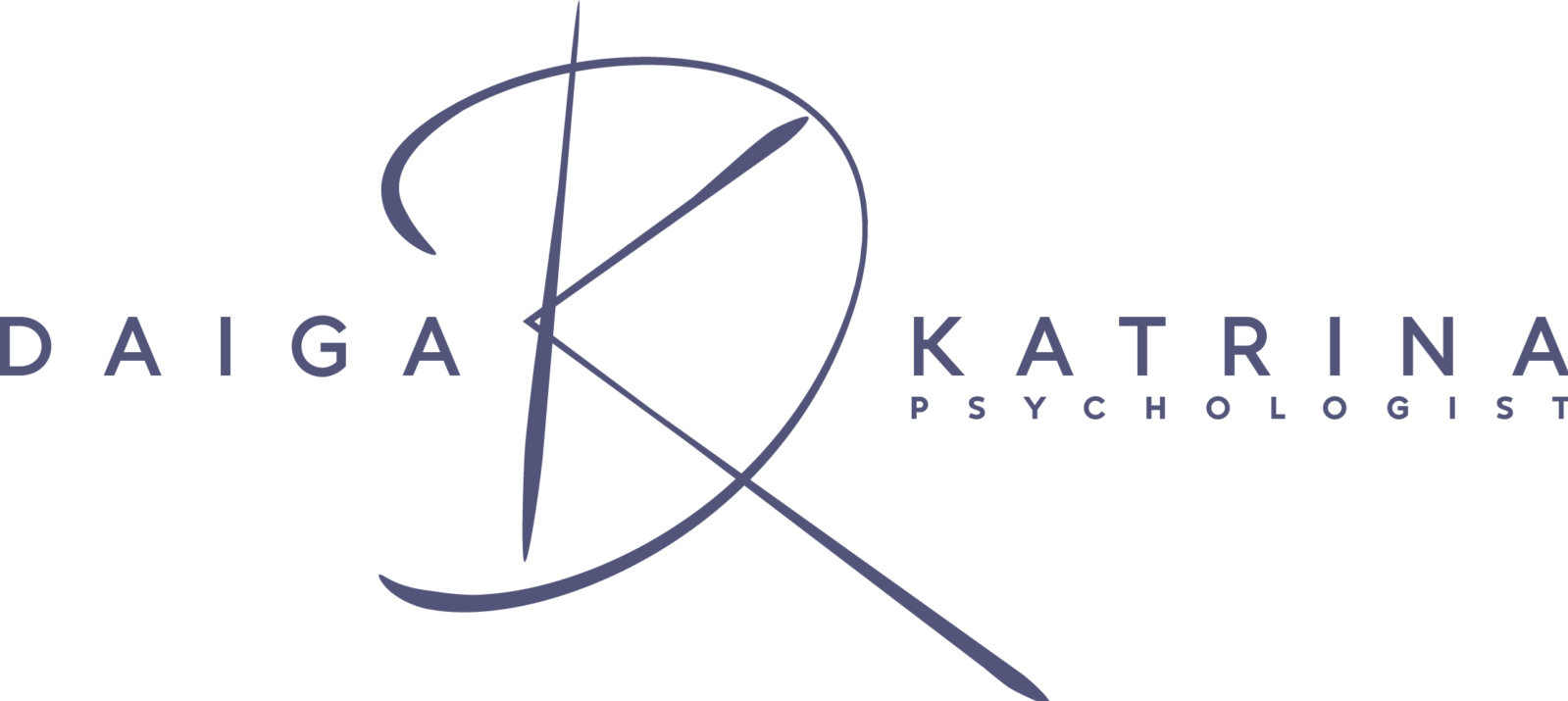-
Visit Our Place
91-6 Čaka Street, Riga
-
Tr. - Ce. 9:00 - 18:00
- Request a visit
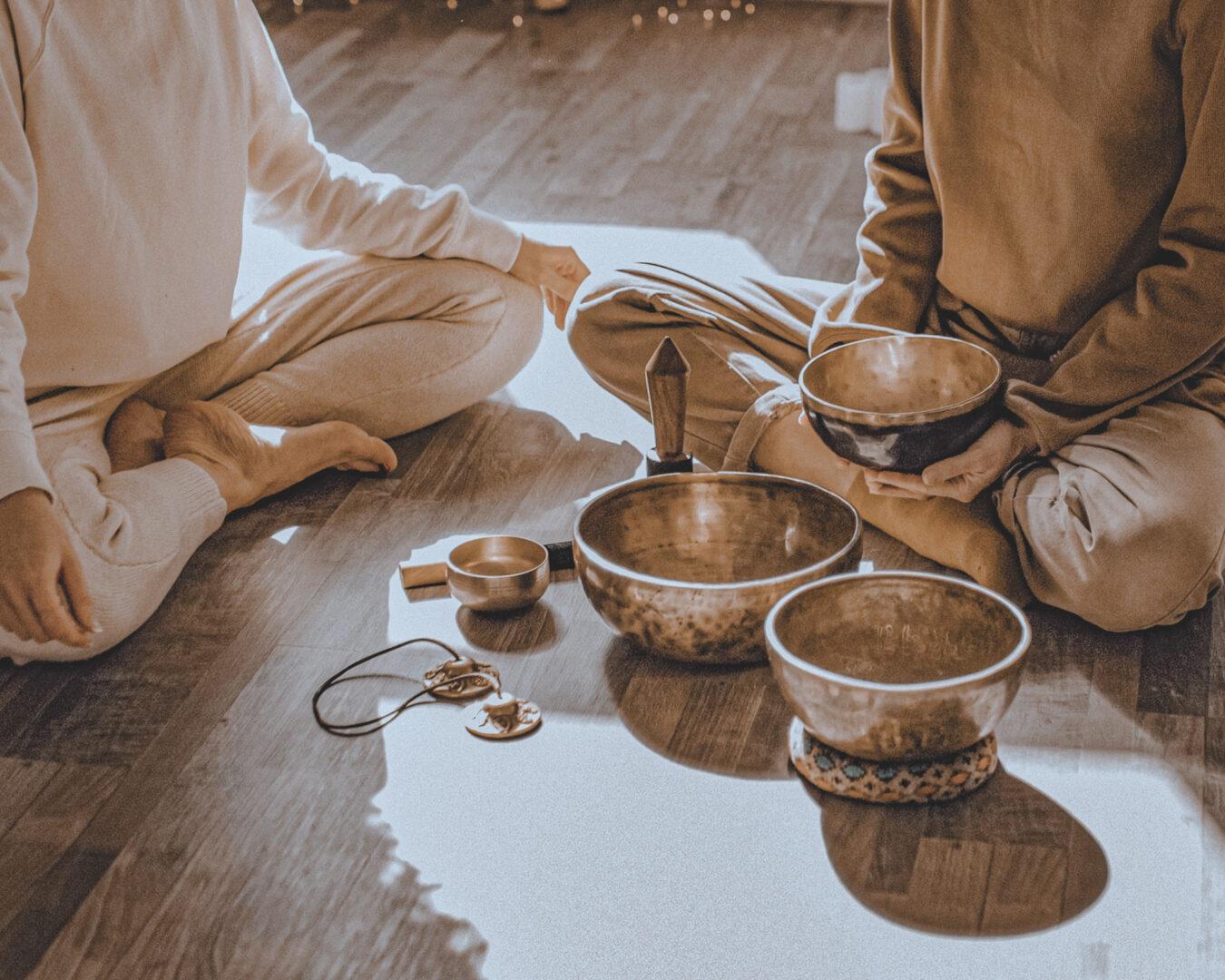
a series of 10 classes in a closed group
"Integration course"
ABOUT THE GROUP
What is the "Integration Course" and what topics does it cover?
"In the Integration Course, we explore and work on and around the theme of spirituality, spiritual experiences and altered states of consciousness. We look at this topic mainly from a psychological perspective. Through learning and exercises, we seek answers to the question: How does psychologically healthy spirituality manifest itself? How to internally process different experiences, which are caused by spiritual practices, rituals, healing techniques (prayer, meditation, breathing practices, shamanistic rituals, use of psychoactive substances (LSD, psilocybin, ayahuasca (DMT), etc.), etc.) and spontaneous states.

-
What is spirituality in the context of contemporary psychology?
The dimension of spirituality has been present throughout human history, and spirituality plays a central role in the context of culture and tradition, as well as in individual human development. In the science of psychology, due to various historical circumstances, the development of an understanding of spirituality is relatively recent. Currently, in psychology, spirituality is conceptualised as a coping strategy that can give meaning to human existence, a sense of purpose and helps to organise a value system.
-
Why is spiritual development worth attention?
Evidence to date suggests that spirituality has a positive impact on mental health, is positively associated with psychological resilience and is a component of health-related quality of life.
-
How can different understandings of spirituality affect mental health?
Not all processes related to spirituality are conducive to mental health. When walking the spiritual path, it is important to be able to recognise and distinguish between psychologically healthy and unhealthy mental processes. The shadow sides of spirituality are widespread and often go unnoticed in Western culture. In this course, we raise participants' awareness of how spirituality fits into the overall human development, and what determines the psychological health and unhealthiness of the spiritual path?
-
What are spiritual experiences and altered states of consciousness?
In the field of diverse human life experiences, there are some that seem more unusual than others. Ones in which one becomes aware of oneself as part of a larger expanse, as one with all that exists, and perhaps also experiences oneself as one with the Cosmic Consciousness, God, the Universe... Experiences of this type often mark turning points in a person's life, after which the person is never the same again. Evidence of these types of experiences can be found throughout written history.
-
Why is this topic relevant in the context of mental health?
Spiritual experiences and altered states of consciousness can be surprising, energetically charged, vividly felt, and therefore confusing. Although they are mostly talked about in the public sphere as positive, life-changing events, they often cause confusion.
-
How do spiritual experiences and altered states of consciousness affect mental health?
Most spiritual experiences and altered states of consciousness have a benign effect on a person's mental health. However, research shows that these beneficial effects are only possible if the person is able to adequately integrate the experiences into everyday life. If a person has been deeply emotionally disturbed by an experience, they may need psychological and emotional support to process, accept, interpret and make sense of it, to understand how to deal with it and how to integrate it into everyday life. It is therefore important to pay attention to the ordering of one's emotional world after experiencing an altered state of consciousness.
-
What activities can help to integrate spiritual experiences?
How a person interprets and successfully integrates spiritual experiences and/or altered states of consciousness into their everyday life depends largely on the perceptions of their peers, the availability of a supportive circle of peers and the context of their personal life. It is also known that successful integration is facilitated by obtaining information, education, finding like-minded people, socialising, sharing experiences, recalling experiences, reflection and creativity. Professional support can also play an important role - the opportunity to discuss the experience with an informed psychologist, psychotherapist, therapist, pastoral counsellor or spiritual teacher who can create the right conditions for interpreting the experience and help to find personal meaning and significance in the experience. All this is provided in the ten-lesson series "Integration Course".
ABOUT THE GROUP
Who is eligible for an "Integration Course"?
A group member may subscribe to one or more of the descriptions, or otherwise feel a desire to explore the topic of spirituality, spiritual experiences and altered states of consciousness in more depth. In general, the course is suitable for individuals who wish to transform their current spiritual understanding to a deeper one and to be able to connect it with rational, everyday living and being.
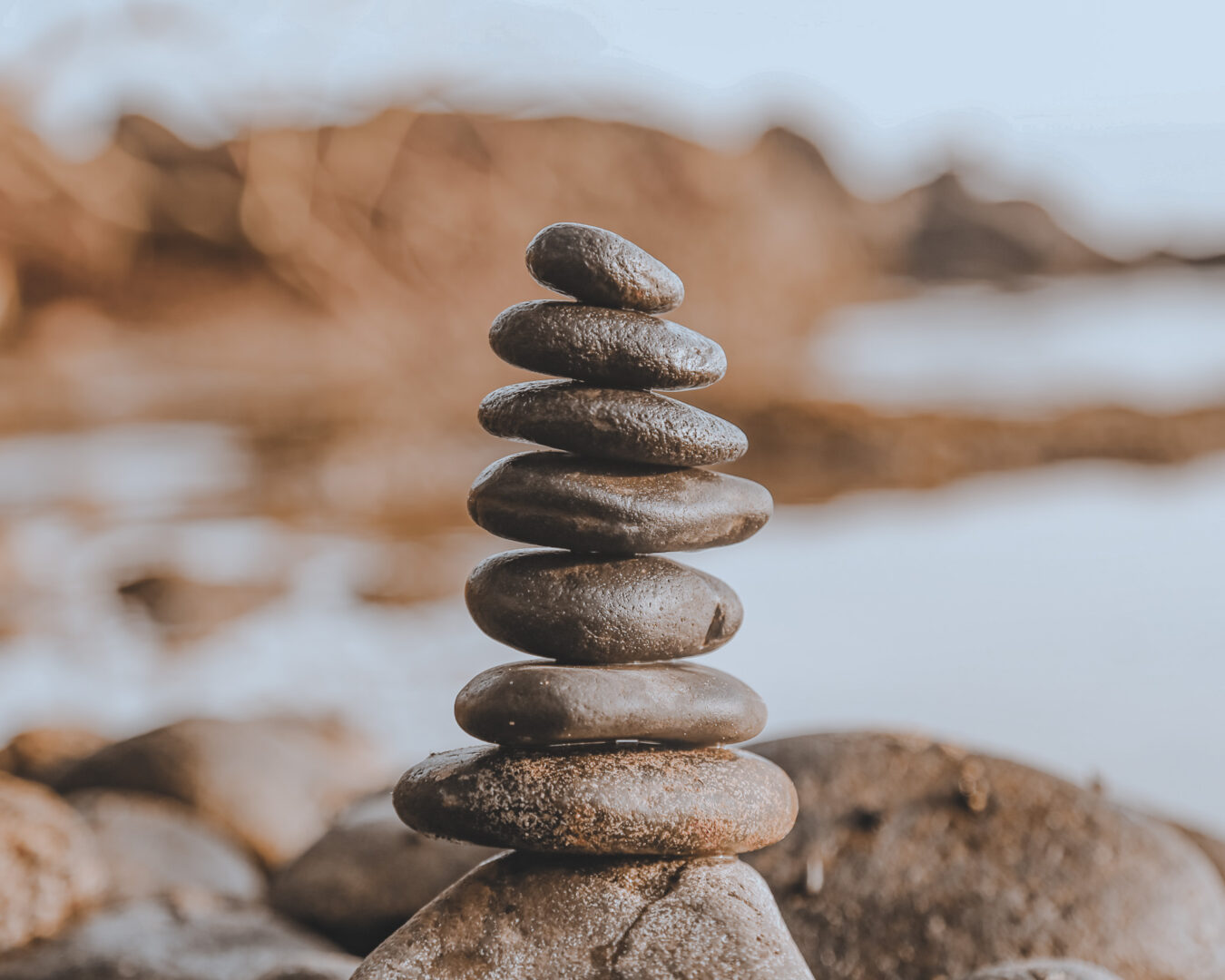
-
Man is in a phase of pop culture esotericism
For some time (sometimes years), a person has been interested in various esoteric practices and alternative healing methods (astrology, numerology, tarot, chakras, Reiki, energy healing, spiritual healing, mysticism and many others). Initially, they have provided upliftment, inspiration, a sense of liberation and seemingly helped. However, being in this environment for a long time and/or intensely, resistance has arisen - too much, "nasty", one may want to question the authority figures on whose words one has previously relied, believed. There may be a feeling that these approaches do not really address the problems, just "walk around them". There is an inner need to take a step to the next level of development.
-
Changing human understanding of religion
At some point in time (sometimes all of life), a person has belonged to a religious belief system, a community. Over time, one has begun to see contradictions in the teachings one has received, in the actions of authorities, etc. A dissonance between the teachings and one's own thoughts has developed. There is an inner need to reorient one's beliefs.
-
There is interest in spirituality, but resistance to the way it is presented in society
The person has realised that he is attracted to spirituality, to spiritual growth - a sense of "there is something there". However, the social background prevents the acceptance and recognition of this interest. The performance through which spirituality is presented in pop culture does not correspond to one's own inner sense of spirituality. One is sceptical, rational, and does not want to "become one of those esotericists out there". One wants to explore the field of spirituality, but one wants to do it in a rational way, staying in touch with everyday reality. Without becoming just another preacher, self-proclaimed healer, or blind believer in a belief system. There is a desire to explore spirituality in a way that is meaningful and acceptable to oneself.
-
Resistance to the states experienced in the practices
Man has tried various spiritual, esoteric practices, religious rituals, healing techniques. There is interest in them. In the process has encountered altered states of consciousness that "open something up", have produced inexplicable emotions, heightened sensitivity and sensibility. The person has begun to perceive something that he or she has not felt or noticed before. On the one hand, the process is intense and seemingly healing, but on the other hand it is frightening. It is something unknown and unfamiliar, resulting in resistance. There is a desire to understand more, to overcome resistance and to continue the journey.
-
A trainer, a trainer of techniques, a supervisor has noticed that something unusual is happening with a client
The person teaches, leads various practices and/or applies healing techniques (yoga, breathing, bodywork, art, creativity, going outdoors, rituals, etc.). He has noticed that through this process "something opens up" in his clients - they go into extraordinary states, they talk about vivid inner processes they have experienced. There is an interest in understanding what is really going on, how to make this process more conscious and how to support the client more in what they are experiencing.
-
A person feels fear of being considered abnormal
A person for whom spirituality and/or esotericism is an essential part of life is afraid of the classical psychological view of it. There is a fear that approaching a psychologist or therapist (or bringing the subject into an existing therapeutic context) might be seen as funny, confused and subject to various diagnoses. There is a need to let go of fear, to gain confidence.
-
People practise, but "something is missing"
People for whom spirituality and/or esotericism is an essential part of their lives find it difficult to function in everyday life. There seems to be "something missing" in order to be able to fully self-realise in the world as it is - in material reality. It can be difficult to make decisions, set healthy boundaries, achieve goals, etc. There is a need to be able to realise one's potential.
-
Man practises but has learned to regulate emotions
A person for whom spirituality and/or esotericism is an essential part of life experiences difficulties in fulfilling daily responsibilities because the practices regularly bring up deep inner processes that take time to process and balance. There is a need to be able to regulate emotions.
-
There is a natural human interest in learning more about a topic
Various spiritual, esoteric practices, religious, magical rituals, healing techniques are learnt and practised regularly, and people use them for their inner growth. The experiences that are gained in the process can be dealt with, emotionally processed independently in most cases. There is a natural interest, a curiosity to learn more. Esoteric and religious explanations often seem insufficient to create a true understanding (rather than, for example, just believing what the teacher says). There is a desire for deeper, more concrete, more rational explanations.
-
Human beings have a natural desire to share and talk with others
Various spiritual, esoteric practices, religious, magical rituals, healing techniques are learnt and practised regularly, and people use them for their inner growth. The experiences that are gained in the process can be dealt with, emotionally processed independently in most cases. There is a natural desire to share, to talk about the subject, to know what others are experiencing, to understand more.
Group Leader
The "Integration Course" is led by a clinical and health psychologist specialised in psychologically healthy mental growth. Researcher in spiritual practices and spiritual experiences Daiga Katrīna.
Psychoeducation
Mindfulness
Exercises
Practical tasks,
talking and sharing

ABOUT THE GROUP
How does the Integration Course work?
In a safe and confidential environment, the group promotes the optimal integration of spiritual dimensions, spiritual experiences and altered states of consciousness. Each of the ten sessions deals with a topic that is specific to those interested in spirituality and, in most cases, after a spiritual experience or altered state of consciousness.
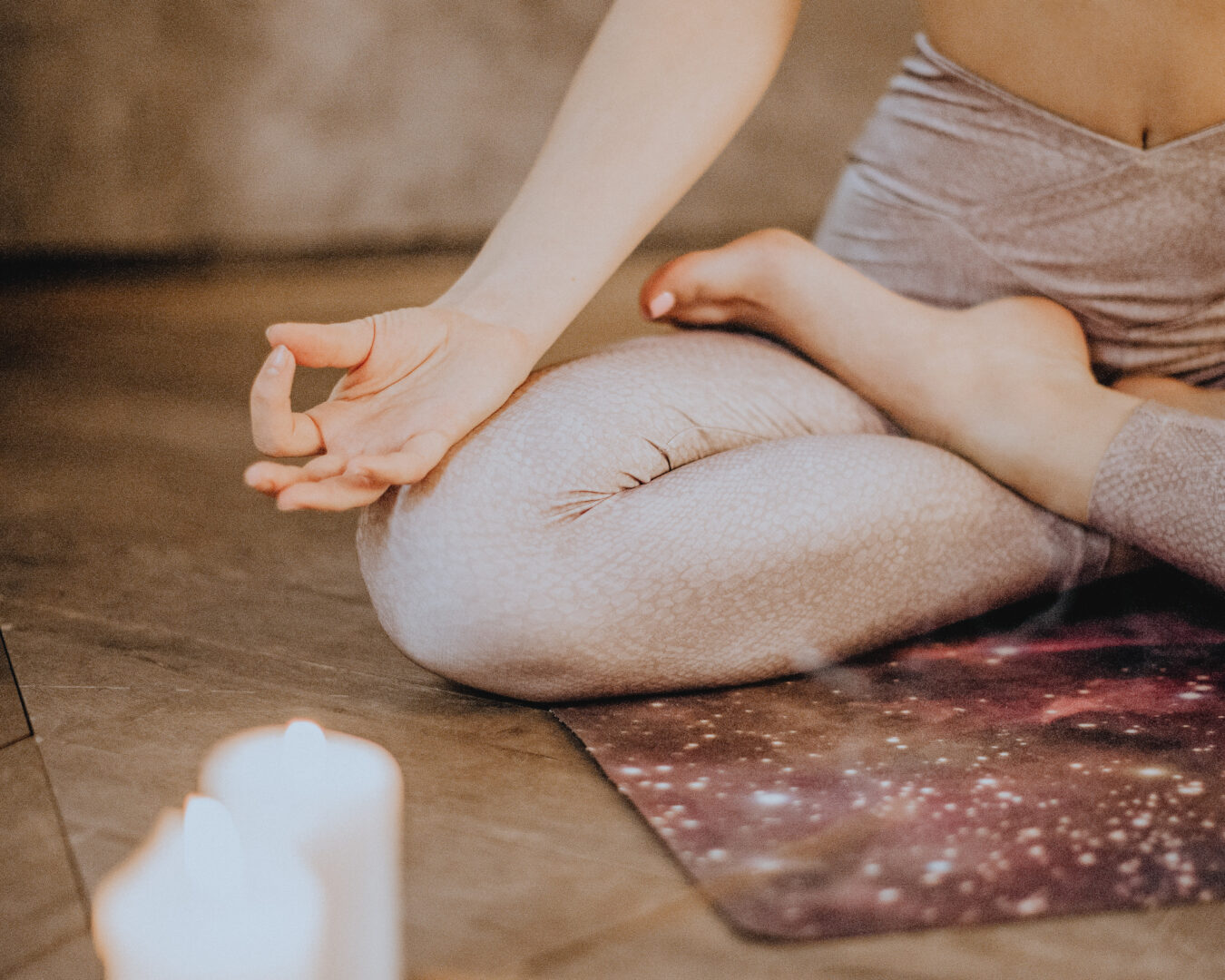
-
What is the programme of the Integration Course?
Lesson 1 - Getting to know you, the path to spirituality
Session 2 - Spirituality and spiritual experience from different perspectives in psychology
Lesson 3 - Initiators, Expression and Content of Spiritual Experience
Session 4 - The Role of the Personality and the Ego in Spiritual Growth and the Integration of Spiritual Experience
Session 5 - Sharing Spiritual Experience
Lesson 6 - "Translating" and Interpreting Spiritual Experience
Lesson 7 - The role of needs in spiritual growth
Lesson 8 - The role of the value system in spiritual growth and its embodiment
Lesson 9 - with love for yourself...
Lesson 10 - With love for the world... / reflection on group work, closing -
What can participants expect from taking part in the "Ignition Course"?
"The Integration Course provides evidence-based information on spirituality, spiritual practices, spiritual experiences and altered states of consciousness - from a psychological perspective (group participants are not directed to adopt a particular spiritual worldview, religion, etc.). Participants are given the opportunity to raise, become aware of and reflect on themes that often preoccupy people's minds after a spiritual experience. A circle of like-minded people helps to share experiences and receive emotional support. The opportunity is given to reflect on the experience - talking and acting creatively through exercises that promote the process of awareness and integration.
-
When does the next "Integration Course" group start?
A new "Integration Course" group is organised every now and then - the next scheduled dates are published in Groups.
-
How is the enrolment process?
Each potential group participant will have a one-to-one discussion with the group leader (30 min.) after application.The most suitable candidates for the group work format will be confirmed for participation.
-
When and where are the classes? How many participants?
Number of participants per group: up to 10 participants.
Class times: on Thursdays from 18:30 to 21:30.
Venues:Riga city centre. -
What is the cost of the course?
Total course cost € 570. The price includes an individual assessment (without report) with the Latvian Clinical Personality Test (LCPT) by a certified specialist (the assessment can be helpful in understanding and getting to know your personality, which can contribute to the benefits of group work).
Classes cannot be attended separately. Payment is due for the whole series of lessons, even if a lesson is missed.
The payment can be made in one instalment or spread over up to 6 months (€95 per month). The payment schedule is negotiated individually with each participant. -
How to apply?
To express your interest in taking part in the "Integration Course", please send an e-mail to daiga.bitena@gmail.com
ATSAUKSMES
Evaluation of previous participants
These 10 weeks have given me not only a solid grounding in spirituality, but also an environment in which I could speak openly for the first time about my own, so far inexplicable, experiences. Daiga with her knowledge helped me to interpret them and Eve with her experience helped me to understand, normalise and accept them more. I had never been in any group work like this before. So a huge thank you to Daiga and Eve for creating something that has long been needed for everyone who wants to explore and understand spiritual experiences in more depth and how not to separate them from life. If I had to say in one sentence about this course, I would say - I gained much more than I first thought!
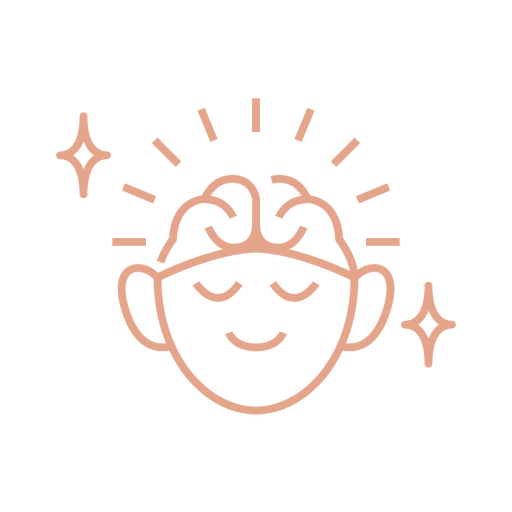
Participant No 1
experiencing spontaneous altered states of consciousness, spiritual practices and ritualsIt is just a fundamental change in my previous belief systems, which in turn marks a new trajectory for me. Not dismantled, but dislocated, put back together piece by piece in the form most acceptable to my mind and soul. I got confirmation of many of my previous ideas about spirituality and at the same time a rational explanation for things that don't fit into the mundane. I received practical ways of processing and summing up spiritual or only apparently spiritual experiences. In just 10 sessions, embarrassment has disappeared, self-confidence has grown and, as I leave the course, a readiness to receive the new unknowns that the world offers me but which I used to fear.

Participant No 2
experiencing spontaneous altered states of consciousnessI applied for the course because I had experienced both spontaneous spiritual experiences and expanded states of consciousness induced by meditation. The experiences were positive in themselves, but I felt a desire to find a more structured explanation for these unusual states. To some extent, these experiences also created a negative view of the existing systems of this world until I broke the world into two parts - spiritual experiences and real life. I wanted to integrate these two parts into one whole. The course allowed me to look more into my personality structure, which gave me new pieces of the puzzle to build a more harmonious, balanced view of life. I feel more stable and know more clearly which sides of myself I still need to work on in order to build a more harmonious relationship with myself and the world, and to be able to bring my spiritual values here.

Participant No 3
experiencing spontaneous altered states of consciousnessHere I found a place not only to transform, to work on my inner world, but also positive, supportive teachers and such cool group mates, where I can talk about spiritual things and understand that I am not just what I see in the mirror every morning. The most valuable benefit of the course is probably the opportunity to work with my emotions, to understand them, to accept them and realise how important they are. To be honest sometimes it was not easy. On the course I had to open my eyes and realise that I am the ultimate asshole when it comes to emotions. I kind of finally saw myself in the mirror, but in a real way with all the dross and buried stuff, so now I guess I have some digging to do. "The Integration Course helped me to reorient myself and to understand where to go and what to do there.

Participant No 4
experiencing altered states of consciousness during meditationI have the feeling that you both gave me the glue and let me put myself together. Of course, with a bit of supervision to make sure the pieces fit in the right places. Huge thanks for the information and tools you shared, they will be useful in the future. Coming out of this 10 lesson series, I feel more calm inside about my choices and more confident in myself. It is a tremendous resource to experience such integrity practices. And the feeling of safety that goes with a bright, friendly, accepting and easy atmosphere is a huge gift.

Participant No 5
spiritual practices and ritualsThis course gave me the feeling that I am not the only one trying to understand my inner world. The group gave me the opportunity to see that although we all have our own lives, somewhere we are all alike and live in the same world, including the group leaders (which was important because there was no sense of separation). It seems that through the Integration Course I got a deeper connection with other people and the world, and I realised how much we are all united and so much in the same task... I liked that the course was about theory - every word was worth its weight in gold. The way the theory was presented and the way the accents were put together gave me confirmation that I was feeling everything right and also helped me to look at certain things in a different, more concrete way.

Participant No 6
after a period of great change and a life crisis, he intuitively began to follow his own path of spiritual growthThis course helped me to "shelve" the events in my life that have influenced my emotional and spiritual development and that have led me to spiritual practices (psychedelics, breathwork, meditation). It helped me to realise how these experiences have helped me to change, to understand myself, to heal traumas. Looking back on it was very valuable as it gave a sense of satisfaction and hope. I became more aware of how my values have changed as a result of the expanded states of consciousness. I definitely have more confidence in my values now, and am more in balance with myself than I have ever been in my life.

Participant No 7
spiritual practices, has participated in several spirituality retreats and rituals with psychoactive substancesThis course helped me to process the experiences I had during my spiritual practice, finding explanations for the images created by the psyche. The experience came at a time when I had to make crucial and important decisions in my life, which in turn gave me the right impetus and allowed me to sort out areas of my life that were stuck. I was given effective tasks that changed my attitude towards things and events. All in all, a good time was had and new friends were made. 🙂

Participant No 8
regularly practise Rebirthing and other breathing practicesVery valuable for people who don't have anyone to discuss their experiences with on a daily basis. It gives you the feeling that you are normal, that you can fit into society despite all the "weirdness" you have experienced. It gives you the strength and confidence to move forward. It is valuable that the group leaders represent different approaches, it makes the process broader.

Participant No 9
experiencing spontaneous altered states of consciousnessI went to the Integration Course with no particular expectations, just to try something different, to be with people, to get new information and material to process. I got that and more. Spirituality is not so much about God or scenes experienced under the influence of substances. It is most about everyday life and me in myself and in the world. After several years in therapy, I have found my problem areas and am working on them. In the Integration Course, I discovered the areas in which I need to develop. Thank you Daiga and Ieva for creating a safe and respectful environment and for the extremely valuable content. Thank you to all the participants for your openness, trust and shared experiences. ❤️

Participant No 10
once actively practising a particular spiritual tradition, but experiencing disillusionment with it. There is a desire to bring spirituality back into everyday lifeI would like to define this experience as an inner process of innovation, where a new you is born. If the definition of innovation is: Seeing what everyone has seen and thinking what no one has thought, then the Integration Course is similar, but more personal, because you discover something new not for the world, but for yourself. It meant a lot when I was looking for answers and I got "I know how it is. I've been there." Thank you also for the tone of the conversation. I really appreciated the person communicating difficult things, something that is not pleasant to hear but I know I need it. I can only hear through the calm timbre of the voice and the tone in which it is spoken.

Participant No 11
attending events on spirituality out of a desire to get to know peopleAbsolutely fantastic course, during which I was able to go deeper into myself and push my limits. In my opinion, an absolute must have for all people interested in spirituality. It helps you to strengthen your foundations, to understand yourself better and to understand how to approach spirituality better. I now feel that I have a much greater sense of security and understanding of the processes of spirituality, which will definitely allow me to go into it on a whole new level. Another nice bonus was the special atmosphere created by the facilitators and the very open and deep conversations with the participants. I am delighted and would definitely recommend this course. It is very satisfying when expectations are exceeded. Thank you very much. 🤍

Participant No 12
once actively practiced intensive breathing practices, but fearful of what is being experienced as a result. There is an interest in the dimension of spirituality, but at the same time a fear of approachingMany thanks to the presenter for the very safe environment in which to be, let go and talk. With each group meeting, confidence and trust grew. It was nice to experience that what I had to say could help someone else - encourage them, strengthen them in their process. During the "Integration Course" I felt at home - at home with myself. Thank you also for the theory, practical tools, handouts, worksheets, which are useful for self-discovery. It was a very deep and structured approach to exploring spirituality. I really liked that the course was not just about magical thinking - it was a solid theoretical base on how to look at spirituality and how to explore it within oneself. Not just "sugarcoating" something or making a "shurum burum" and "everything will happen", but a knowledge-based approach. Something I had been missing for a while. I also appreciated the approach at the beginning of the course - interviews, conversations and a psychological test to understand what was going on in each participant. It was interesting to learn that everything is already written down - all you have to do is research within yourself. I had very profound and transformative revelations about myself, my own being, which now help me to look at myself more acceptingly and through the whole rather than in fragments. I took a lot from this course for myself.

Participant No 13
experienced altered states of consciousness induced by plant ceremoniesThank you for the course and the useful information that opened my eyes. There is a lot of food for thought and now I also see the situations in life that seem to go round in circles all the time, but I didn't understand why. This group was a great place to feel heard, supported and to feel myself.

Participant No 14
engage in self-discovery, including attending events related to spiritualityThose 10 weeks were actually a very long period. After each session, I had a process going on in me - reflections, feelings, actions. The benefits are actually many - the body of knowledge that I expected and the little micro-knowledge that I did not expect to gain. Being there interacting with the group, reflecting myself against others, it was possible to gain even more in addition to what I had planned. I went to the course with the intention of exploring more deeply my own identity, to look at my past, to look deeply at my traumas, to sort out what is out of order. In the breadth of all the topics, my perspective on the original question shifted, but overall I fully received the answers and also received new questions. I was actually not expecting such depth in the course. I was thinking more about one problem, the presentation of the theory and the solution, but what I got was something much broader and in many other directions. I also realised that there are so many, many sub-topics in the subject of spirituality. It is a lifelong topic that cannot be covered in 10 weeks. But I liked the core, the content and the structure that the course gave, the knowledge of the psychological level and how to relate it to the depths of the soul. I have a deeper understanding of myself and more knowledge to apply in everyday life. It was really valuable and I highly recommend it to anyone who wants to improve and develop themselves.

Participant No 15
engage in self-discovery, including attending events related to spiritualityDuring the course, I have a new understanding of how the mind plays with us to protect us. How in our search for spirituality we can get lost in our great quest to "feel better". I saw my own spiritual detours - not easy to hear, but so valuable to understand. After the theory and practical exercises I feel more confident in how to choose and evaluate my next spiritual practices. As I explored the expanses of healthy spirituality, I saw how much I am already doing for myself, so that I don't have to rely so much on and seek outside help, which is often not needed because we already know the direction if we rely on our inner, true self.

Participant No 16
engage in self-discovery, including attending events related to spiritualityThose 10 weeks were actually a very long period. After each session, I had a process going on in me - reflections, feelings, actions. The benefits are actually many - the body of knowledge that I expected and the little micro-knowledge that I did not expect to gain. Being there interacting with the group, reflecting myself against others, it was possible to gain even more in addition to what I had planned. I went to the course with the intention of exploring more deeply my own identity, to look at my past, to look deeply at my traumas, to sort out what is out of order. In the breadth of all the topics, my perspective on the original question shifted, but overall I fully received the answers and also received new questions. I was actually not expecting such depth in the course. I was thinking more about one problem, the presentation of the theory and the solution, but what I got was something much broader and in many other directions. I also realised that there are so many, many sub-topics in the subject of spirituality. It is a lifelong topic that cannot be covered in 10 weeks. But I liked the core, the content and the structure that the course gave, the knowledge of the psychological level and how to relate it to the depths of the soul. I have a deeper understanding of myself and more knowledge to apply in everyday life. It was really valuable and I highly recommend it to anyone who wants to improve and develop themselves.

Participant No 15
engage in self-discovery, including attending events related to spiritualityI only realised that I had been going through an identity and spirituality crisis for the past 7 years after a consultation with Daiga. Both the Identity Explorations and the Integration Course were the unifying element that helped me to take stock of the work I had been doing with myself and to "shelve" the events and experiences. I am grateful to Daiga and Ieva for the safe, loving, respectful and open environment to be able to not only open my heart, but also to be with other participants in acceptance. The course gave me the opportunity to calm my inner anxiety and fear that I have to give up a part of myself that is authentic in order to fit into a certain social set. I strengthened my core by exploring my identity and values, gaining confidence that I am strong enough to be myself, respect and love other people, fitting in and interacting in society. During the course I also saw my inner shadow child, at what moments he comes on the scene. I sincerely thank Daiga and Eve for their respectful attitude and emotionally secure care in integrating these moments of revelation into myself. As my view of my inner self becomes clearer and I begin to cherish it, my view of the outside world has become more accepting and loving. Healthy body, healthy spirit! 🙂

Participant No 18
grew up in a religious family, and as an adult began to evaluate the role of religion in her lifeWhat are your wishes?
The content of this website may only be quoted, reproduced, republished and otherwise distributed in accordance with applicable copyright laws. For commercial use of the content, please contact and obtain permission.
